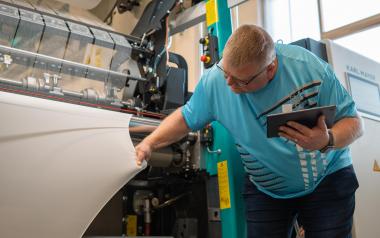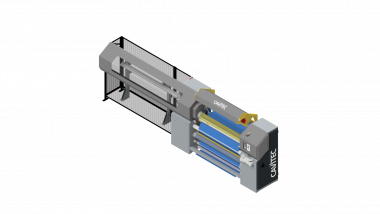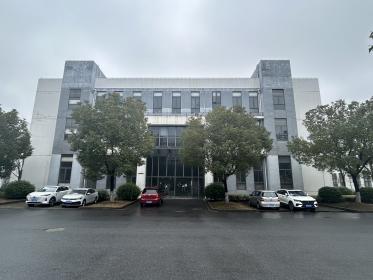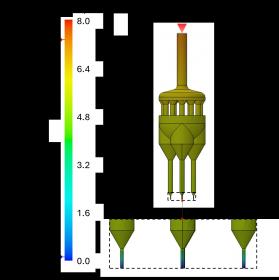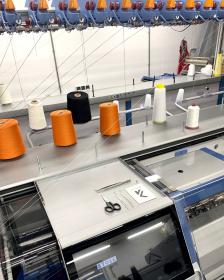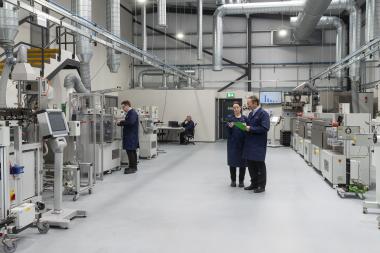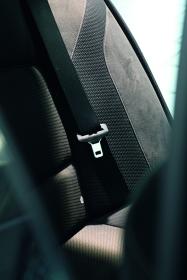KM.ON: AI-based QMS for warp knitting machines
KM.ON launches its new Quality Monitoring System (QMS) for the retrofit market at ITM from June 4 to 8 in Istanbul, presenting a solution for quality management on warp knitting machines.
For its performance in defect detection, the QMS uses the advances of our time: a camera system that captures images of the production process, and a specialized artificial intelligence (AI) to analyze the images. Particularly in terms of handling, reliability and precision of defect detection, the QMS from KM.ON offers advantages over conventional systems that do not rely on AI analysis.
The QMS is designed for easy setup and can be operated without prior expertise. If a defect causes the machine to come to a standstill, the operator is informed immediately via a user-friendly interface. The immediate warning enables rapid intervention and therefore less downtime and more productivity.
Thanks to its conceptual design, the QMS only stops production when actual defects are detected. Unnecessary interruptions caused by external disruptive factors, such as changing light conditions, are avoided. This precision prevents productivity losses and helps to ensure continuous operation. Costs due to unnecessary machine downtime are avoided.
Unlike conventional camera systems, the QMS detects even the most complex defects and triggers an immediate machine stop. This minimizes material waste. During operation, the AI-controlled system learns from the data to enhance its detection accuracy, thereby reducing the reject rate and costs. The QMS also adapts to evolving production environments to ensure consistently high efficiency.
Karl Mayer Group KM.ON artificial intelligence Quality Monitoring System warp knitting machinery
KARL MAYER Verwaltungsgesellschaft AG


